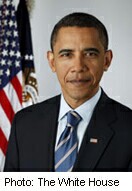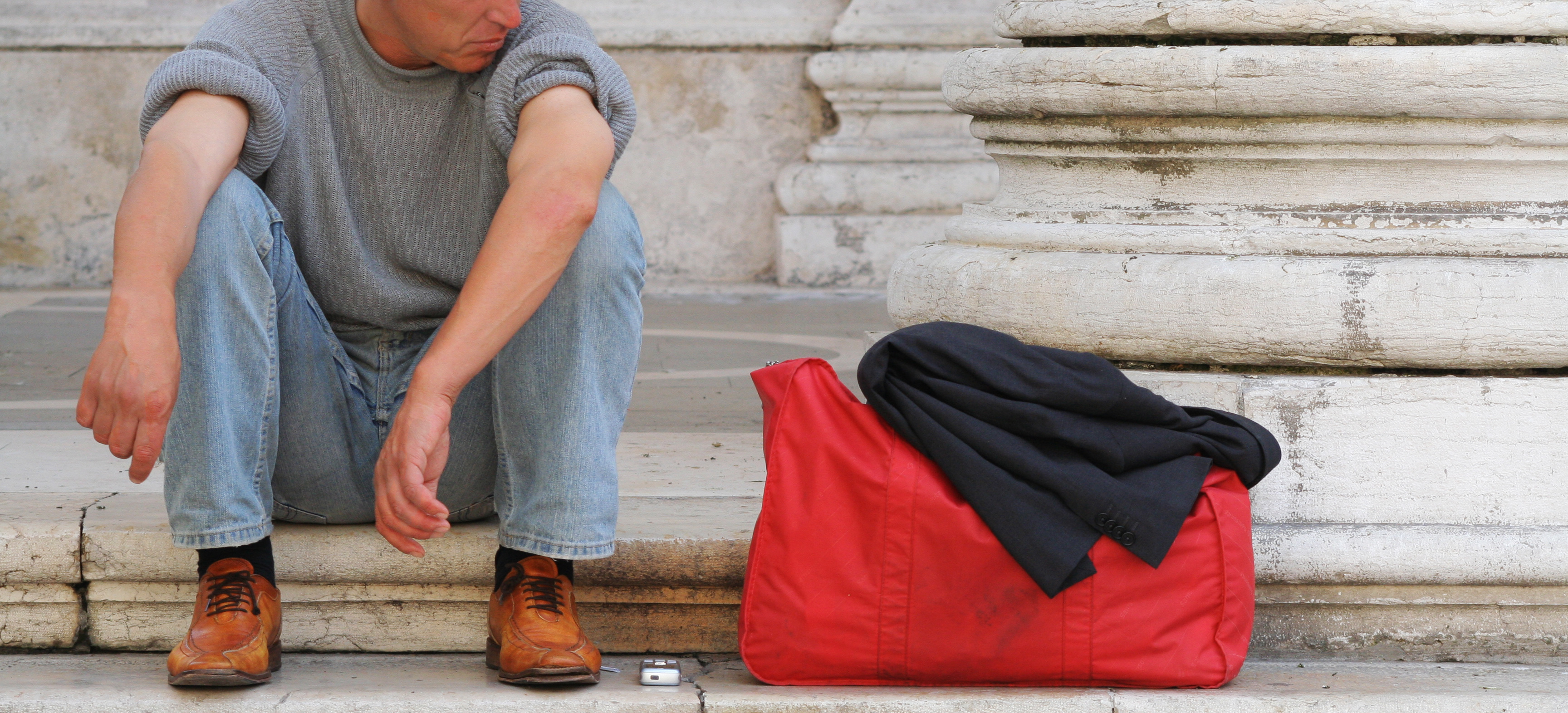
TUESDAY, Oct. 23 (HealthDay News) — Powerful people try not to mimic the facial expressions of other powerful people, according to a new study.
That means they would be less likely to return the smile of another high-status person. On the other hand, researchers from the University of California, San Diego, noted that powerless people mirror anyone’s smile.
“Mimicry has been shown to help build relationships, and both power and status seem to affect how we unconsciously employ this strategy,” graduate student Evan Carr said in a university news release. “These findings may speak to how social hierarchies often form under the radar quickly, efficiently and without awareness.”
In conducting the study, researchers asked 55 people to write briefly about an event that would induce feelings of power or powerlessness. Afterwards, the participants watched happy videos as well as angry videos of powerful people (doctors, for example) or those with lower social standing (e.g., fast-food workers).
As the people watched the videos, the facial muscles they used to smile or frown were measured.
The study revealed that all of the participants tended to mimic the frowns of powerful people more often than they did for people of lower status.
The researchers also found that powerful people were more likely to smile back at a lower-status person than another powerful or high-status person. Powerless people, however, smiled more at everyone.
The study was scheduled for presentation Monday at the annual meeting of the Society for Neuroscience in New Orleans.
Data and conclusions presented at meetings are typically considered preliminary until published in a peer-reviewed medical journal.
More information
The U.S. National Institute for Neurological Disorders and Stroke talks about the brain and how it works.

